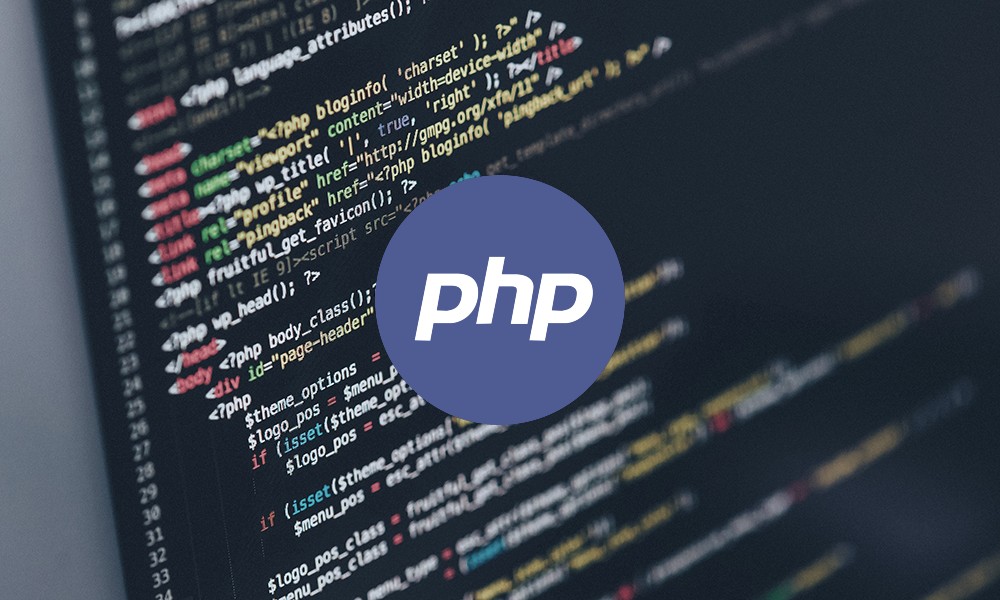PHP (Hypertext Preprocessor) is a popular server-side scripting language that is used to develop dynamic web applications. It is an open-source language and is constantly evolving with new versions being released frequently. In this blog, we will discuss the differences between the latest versions of PHP – PHP 7.4, PHP 8.0, and PHP 8.1.
- PHP 7.4
PHP 7.4 was released on November 28, 2019, and is the latest version in the PHP 7.x series. Some of the key features of PHP 7.4 include:
- Typed properties: This allows developers to specify the data type for class properties. This helps in reducing errors and improving the code’s readability.
- Arrow functions: This feature provides a shorter syntax for creating anonymous functions.
- Spread operator in arrays: This allows developers to spread the elements of an array into another array, making it easier to manipulate arrays.
- Null coalescing assignment operator: This allows developers to assign a default value to a variable if it is null.
- Weak references: This feature allows developers to create a reference to an object that does not prevent it from being garbage collected.
- PHP 8.0
PHP 8.0 was released on November 26, 2020, and is the latest major version of PHP. Some of the key features of PHP 8.0 include:
- JIT (Just-In-Time) compiler: This feature improves the performance of PHP by compiling the code at runtime instead of interpreting it line-by-line.
- Union types: This allows developers to specify more than one data type for a function parameter or return value.
- Match expression: This provides a cleaner syntax for handling multiple conditions in a switch statement.
- Named arguments: This allows developers to pass arguments to a function by name instead of by position, making the code more readable.
- Attributes: This feature provides a way to add metadata to classes, functions, and methods.
- PHP 8.1
PHP 8.1 is the latest version of PHP and was released on November 25, 2021. Some of the key features of PHP 8.1 include:
- Fibers: This is a new way of writing asynchronous code that allows developers to pause and resume execution of a function at any time.
- Stricter type checks: PHP 8.1 introduces stricter type checks for parameters and return types, making the code more robust.
- Readonly properties: This feature allows developers to mark class properties as read-only, preventing them from being modified after they are set.
- Improved error handling: PHP 8.1 provides more detailed error messages, making it easier to identify and fix errors in the code.
- New functions and classes: PHP 8.1 introduces several new functions and classes, including str_contains(), array_is_list(), and Closure::fromCallable().
Conclusion
In conclusion, PHP is a constantly evolving language that is getting better with each new release. PHP 7.4, PHP 8.0, and PHP 8.1 all bring new features and improvements to the language. Developers should always use the latest version of PHP to take advantage of the new features and improvements and to ensure that their code is secure and up-to-date.
the differences between PHP 7.4, PHP 8.0, and PHP 8.1:
| Feature | PHP 7.4 | PHP 8.0 | PHP 8.1 |
|---|---|---|---|
| Typed properties | Yes | Yes | Yes |
| Arrow functions | Yes | Yes | Yes |
| Spread operator | Yes | Yes | Yes |
| Null coalescing | Yes | Yes | Yes |
| Weak references | Yes | Yes | No |
| JIT compiler | No | Yes | Yes |
| Union types | No | Yes | Yes |
| Match expression | No | Yes | Yes |
| Named arguments | No | Yes | Yes |
| Attributes | No | Yes | Yes |
| Fibers | No | No | Yes |
| Readonly properties | No | No | Yes |
| Improved error | No | No | Yes |
| New functions | No | Yes | Yes |

